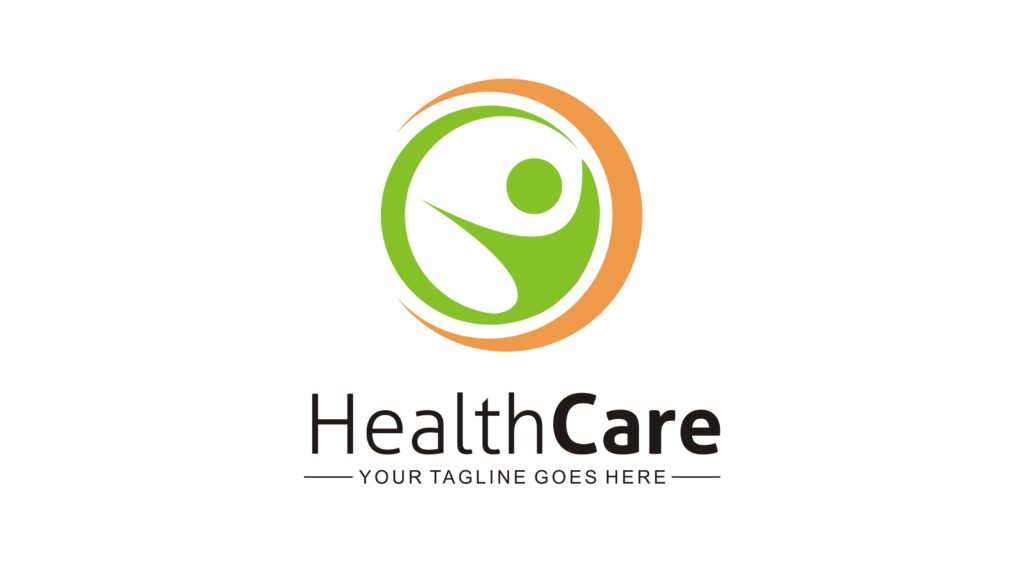9 Advantages Of Dry Fasting: Is It Safe?
9 Advantages Of Dry Fasting: Is It Safe?”9 Advantages of Dry Fasting: Is It Safe? Exploring Dry Fasting Benefits and Risks”
Introduction
Dry fasting, an ancient practice that involves abstaining from both food and water for a specific period, has gained significant attention in recent years due to its potential health benefits. Advocates claim dry fasting promotes detoxification, weight loss, and well-being. However, the safety and effectiveness of this extreme form of fasting remain subjects of debate among health experts. In this comprehensive guide, we will explore the nine advantages of dry fasting while critically evaluating its safety aspects. We will shed light on both the potential benefits and risks associated with this practice.
Advantages of dry fasting
- Enhanced Autophagy: Dry fasting stimulates autophagy, a cellular process that helps the body cleanse itself by removing damaged cells and toxins, potentially reducing the risk of chronic diseases.
- Accelerated Weight Loss: Advocates of dry fasting claim that it can lead to rapid weight loss by forcing the body to rely on stored fat for energy. We’ll explore the science behind this phenomenon and its potential effectiveness.
- Improved Insulin Sensitivity: Some studies suggest that intermittent dry fasting might enhance insulin sensitivity, which benefits individuals with type 2 diabetes or at risk of developing the condition.
- Mental Clarity and Focus: Dry fasting enthusiasts often report improved mental clarity and focus during the fasting period. We’ll examine the physiological mechanisms behind this cognitive enhancement.
- Reduced Inflammation: Chronic inflammation is linked to various diseases, and proponents of dry fasting argue that it can reduce inflammation levels in the body. We’ll explore the scientific evidence supporting this claim.
- Potential for Cancer Prevention: Some research indicates that fasting, including dry fasting, might have cancer-preventive effects by inhibiting cancer cell growth. We’ll discuss the studies and their implications.
- Enhanced Longevity: Caloric restriction and fasting have been associated with increased lifespan in several animal studies. We’ll discuss how dry fasting might contribute to longevity and whether these findings apply to humans.
- Improved Digestive Health: Advocates suggest that dry fasting can give the digestive system a much-needed break, potentially improving gut health and promoting beneficial gut bacteria. We’ll explore the connection between fasting and gut health.
- Spiritual and Emotional Benefits: Dry fasting has deep-rooted spiritual and religious significance in many cultures. We’ll examine how fasting practices, including dry fasting, are intertwined with spiritual beliefs and emotional well-being.
Is Dry Fasting Safe?
While drying boasts several potential advantages, it is crucial to address safety concerns. Prolonged periods without water can lead to dehydration, electrolyte imbalances, and other severe health issues. We’ll discuss the risks of dry fasting, including kidney damage, nutrient deficiencies, and adverse effects on heart health. Additionally, we’ll explore the importance of proper guidance, medical supervision, and individual suitability when considering dry fasting.
Conclusion
In conclusion, dry fasting presents a range of potential advantages, from enhanced autophagy and weight loss to improved mental clarity and longevity. However, it is essential to approach this practice cautiously, considering the associated risks and individual differences. Before embarking on a dry fasting journey, consult healthcare professionals or nutritionists. These professionals can provide personalized guidance based on particular health conditions and goals. Understanding the balance between purported benefits and potential risks is crucial for making informed decisions about dry fasting. As this practice grows, it is essential to prioritize safety and well-being above all else.







